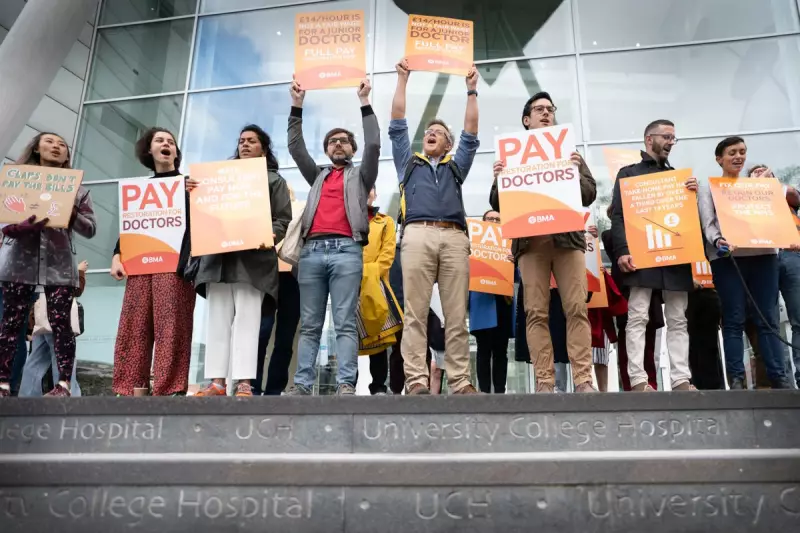
The bitter pay dispute between the government and NHS junior doctors in England has intensified dramatically after the British Medical Association (BMA) resoundingly rejected the latest offer from Health Secretary Wes Streeting.
In a decisive move, the BMA's junior doctors committee voted 19-2 to throw out the proposed pay deal, dealing a significant blow to the new Labour government's attempts to resolve the long-running conflict that has crippled hospital services across the country.
Government Offer Falls Short
The rejected proposal, which followed extensive negotiations between the BMA and Department of Health officials, offered a 22% pay rise for junior doctors. However, the medical professionals dismissed this as insufficient to address years of real-terms pay erosion and the current cost-of-living crisis.
Dr. Robert Laurenson and Dr. Vivek Trivedi, co-chairs of the BMA Junior Doctors Committee, stated: "The offer was simply not credible. After years of pay cuts and amidst soaring inflation, our members deserve a fair deal that properly values their vital work in keeping the NHS functioning."
Strike Action Looms
With the collapse of negotiations, the threat of further industrial action now hangs over the NHS. Junior doctors have already staged multiple strikes over the past year, leading to the cancellation of hundreds of thousands of appointments and operations.
Health Secretary Wes Streeting expressed disappointment at the breakdown in talks, stating: "I'm frustrated that we couldn't reach an agreement. We made a serious offer that would have benefited junior doctors while being fair to taxpayers. My door remains open for further discussions."
What Happens Next?
The BMA has announced it will now consult its members on the next steps, which could include:
- Formal notice of further strike dates
- Renewed negotiations with improved terms
- Exploring alternative dispute resolution methods
- Public campaigning to highlight their cause
Patients' groups have expressed concern about the potential impact on healthcare services, particularly as the NHS faces growing waiting lists and winter pressures.
The resolution of this dispute represents one of the first major tests for the new Labour government's approach to public sector pay and its relationship with NHS staff.





